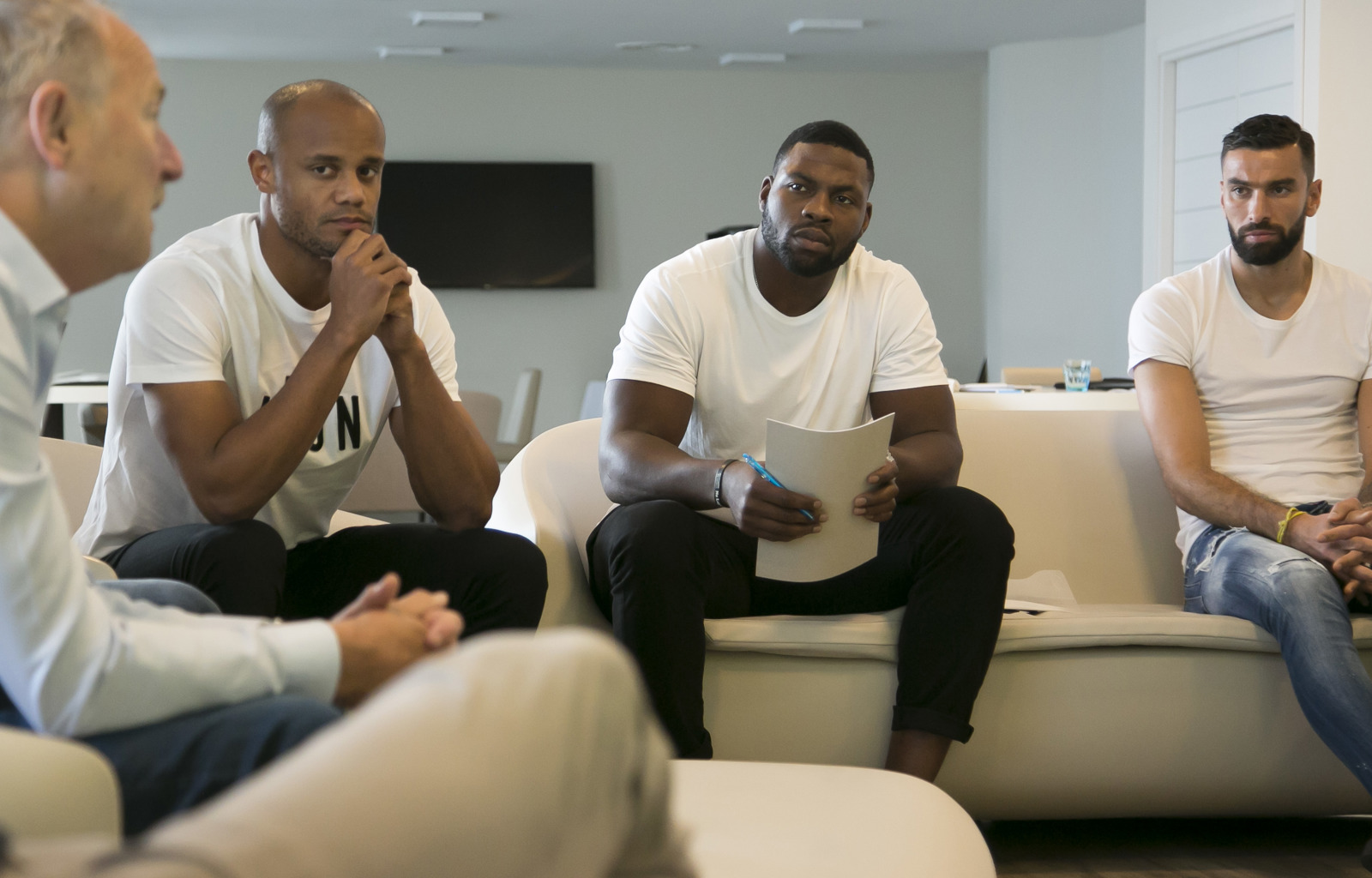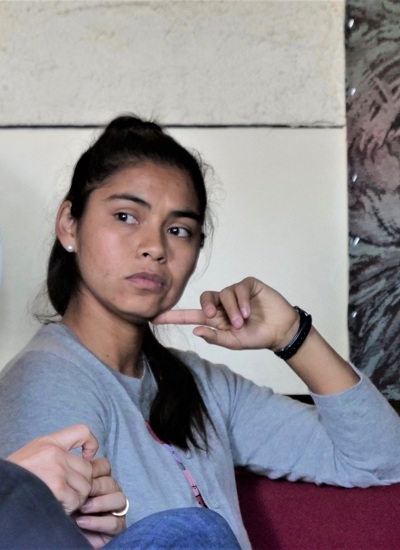
{0} min. reading time
The season is over, or almost over.
On a May morning in a hotel in southern France, a group of five professional footballers from Italy, Belgium, Portugal, Japan and Serbia find themselves facing each other.
They look relaxed but engaged, leaning forward on the edge of their seats, as sunlight streams in from large windows overlooking the Mediterranean.
On a May morning in a hotel in southern France, a group of five professional footballers from Italy, Belgium, Portugal, Japan and Serbia find themselves facing each other.
They look relaxed but engaged, leaning forward on the edge of their seats, as sunlight streams in from large windows overlooking the Mediterranean.
Giorgio Chiellini arrives fresh from claiming the Italian league with Juventus. Vincent Kompany has just helped Manchester City win the English Premier League after a nail-biting race with Liverpool.
Japanese goalkeeper Eiji Kawashima and Serbian defender Neven Subotic are also in the huddle along with Portuguese shot-stopper Rui Patricio.




